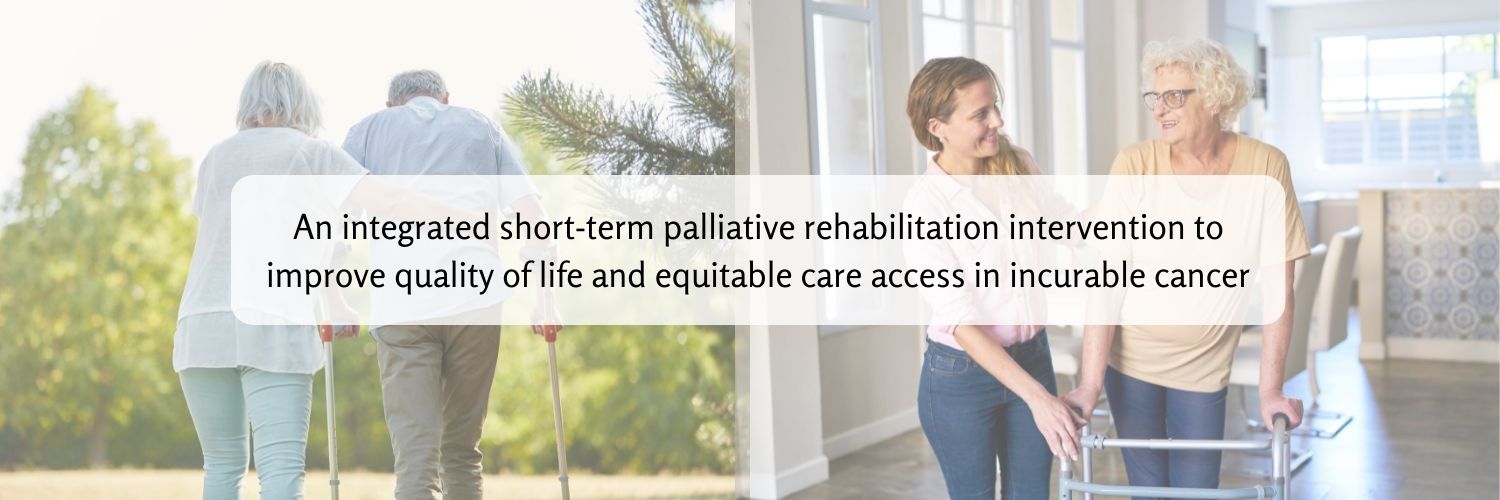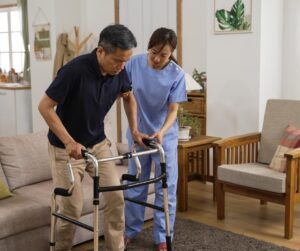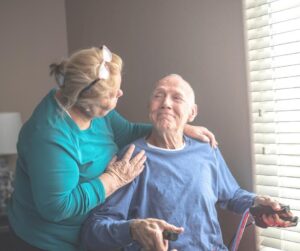About INSPIRE

The INSPIRE Concept
Investigating Quality-of-Life Cost-Effectiveness Symptom Burden
The INSPIRE project seeks to address the growing need for cancer services targeting disability by piloting a novel model of rehabilitation.
Learn more about INSPIRE by watching our project introduction video.
Cancer is a primary cause of illness & burden in Europe
Individuals with cancer often endure unaddressed loss of function and physical disability during the course of their illness. Loss of function can have devastating effects on individuals living with cancer, leading to difficulties participating in their everyday activities, social engagements, and overall loss of independence.
The INSPIRE model emphasises the individual’s goals, concerns, and priorities to ensure they have access to the right care for their needs.
“It’s about what matters to me.”


Beginning with a multinational randomised controlled trial in five European countries, the INSPIRE intervention will be tested on cost-effectiveness, as well as its clinical effectiveness for addressing quality of life, disability, and symptom burden.
Once the trial is complete, we will produce an evidence synthesis; a compilation of our results and existing research and evidence on palliative rehabilitation with a view to developing an international framework for palliative rehabilitation in practice and in policy measures.
What is Palliative Rehabilitation?
Palliative rehabilitation is an approach that aims to empower individuals to live fully and to experience the highest quality of life possible.
This involves:
- helping individuals with palliative care needs to cope with their conditions
- working to reduce their symptom burden
- helping them to remain as independent, active, and socially engaged as possible
A palliative rehabilitation approach can be used at any point of a cancer diagnosis to help individuals with cancer maintain their day-to-day functioning and prioritise their wants and wishes,
In INSPIRE, we are champions of the palliative rehabilitation approach. Should our trial prove favourable, we hope to see palliative rehabilitation become a normal part of routine cancer care across Europe and beyond. Check out the resources below to learn more about this rehabilitative approach to addressing palliative care needs.


Rehabilitation Resources
Rehabilitation: World Health Organisation





